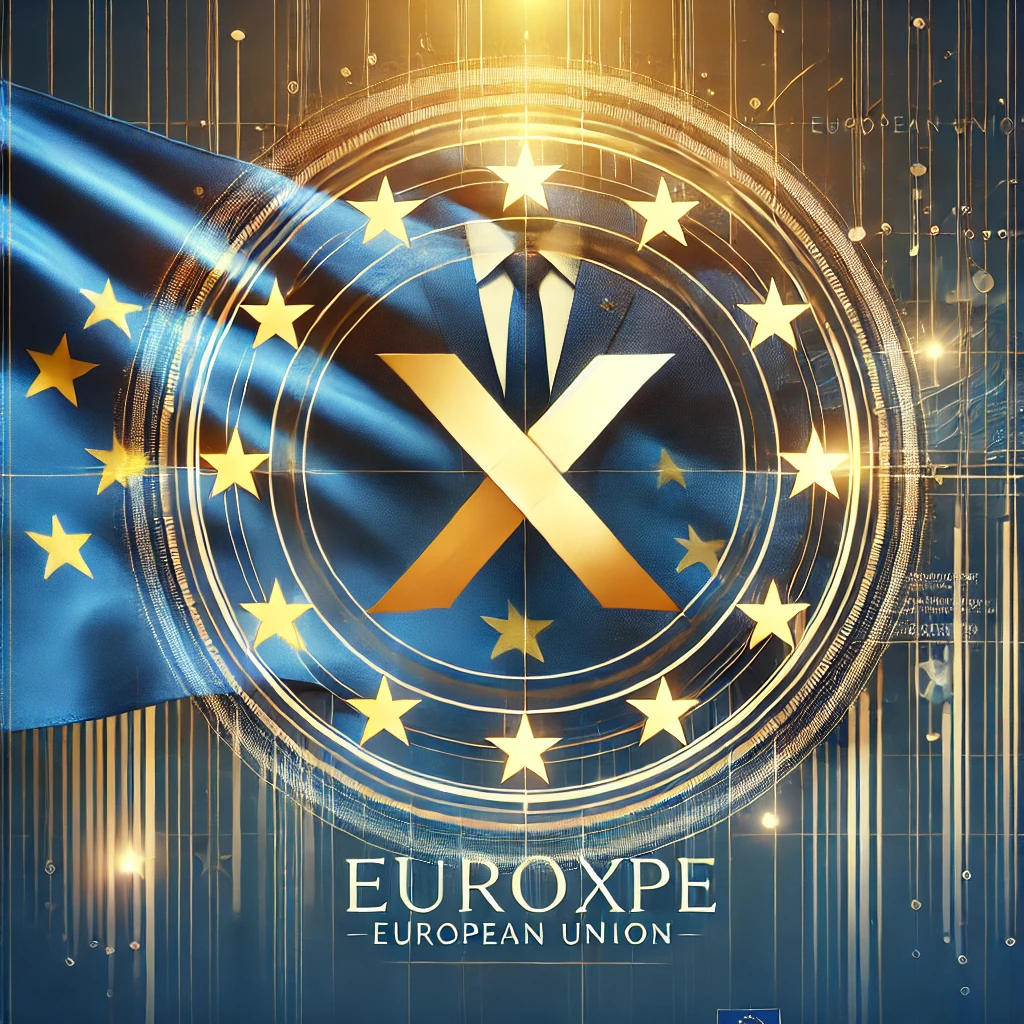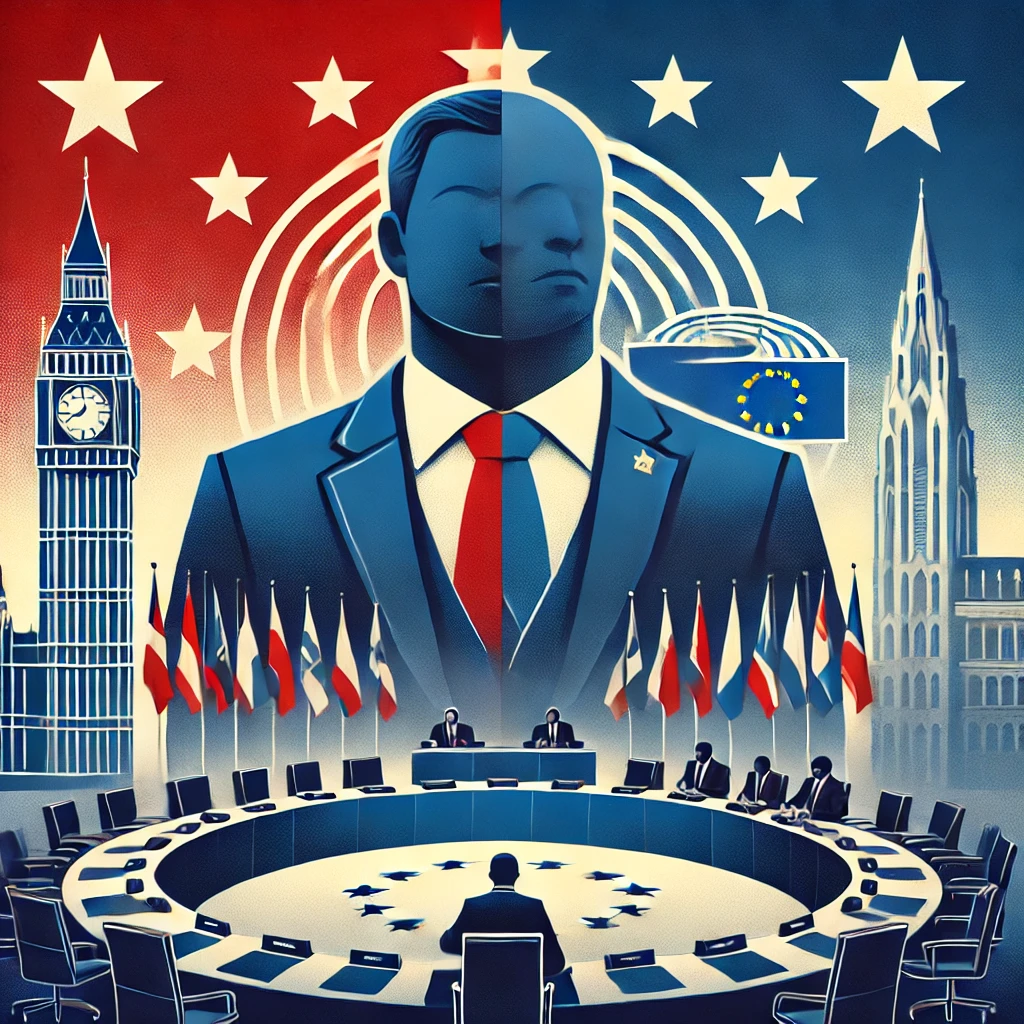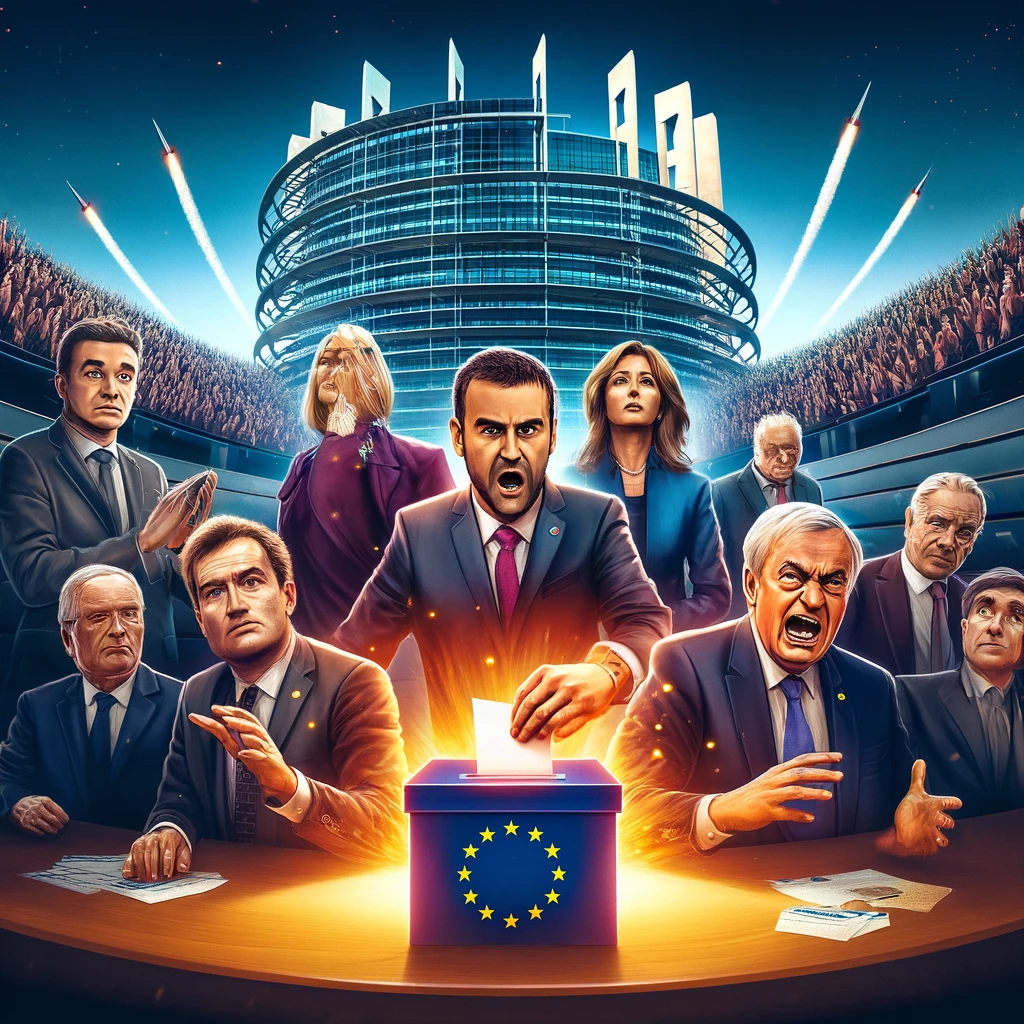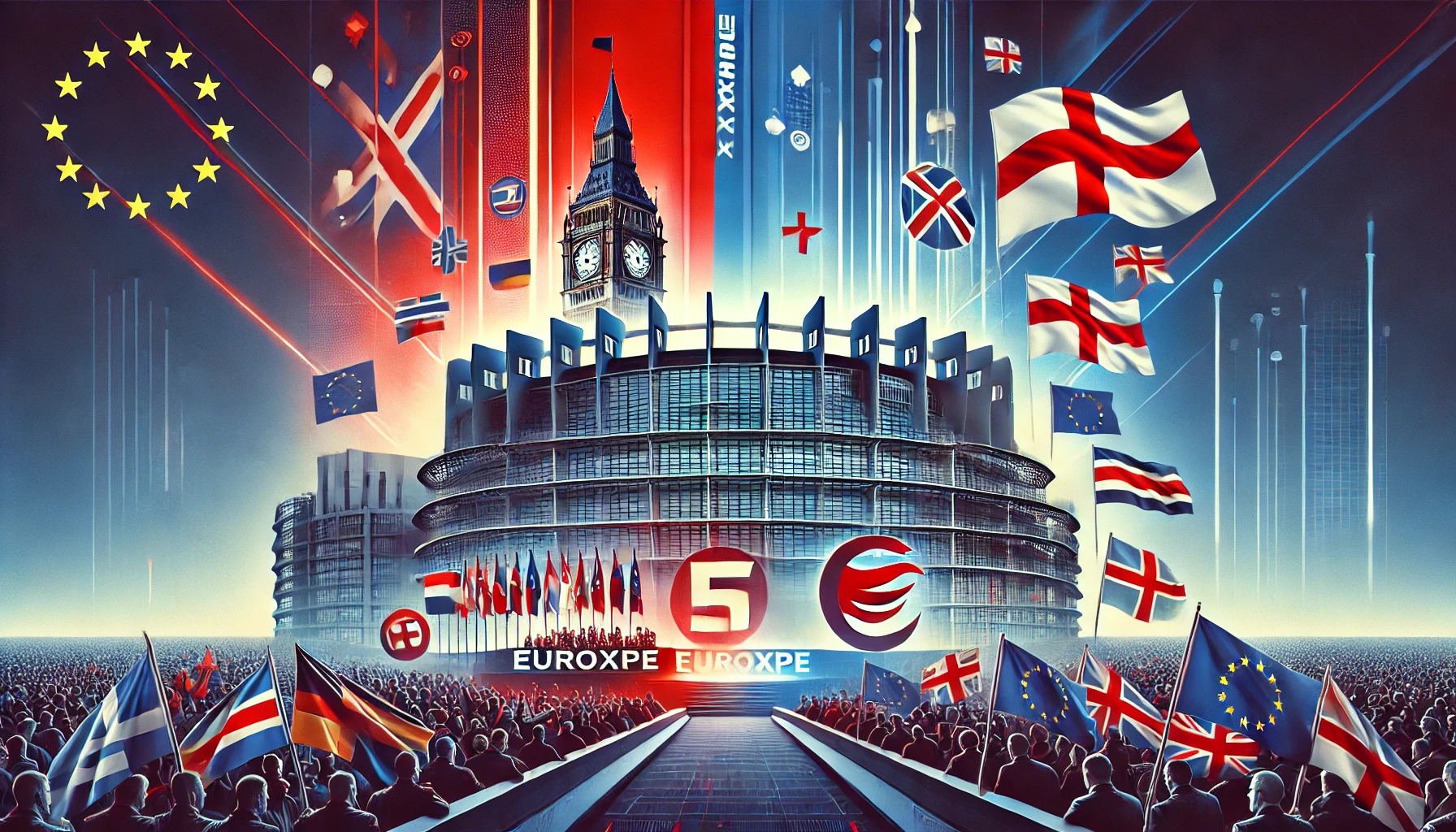In a significant yet contentious decision, European Union leaders have nominated Ursula von der Leyen for a second five-year term as the head of the European Commission during a summit in Brussels. This nomination has sparked a variety of reactions, reflecting the complex and often fractious political landscape of the EU.
At the same summit, Estonian Prime Minister Kaja Kallas was appointed as the EU’s next foreign affairs chief, while former Portuguese Prime Minister António Costa was selected as the future chairman of EU summits. All three appointees represent centrist, pro-EU factions, continuing the bloc’s trend of selecting leaders from moderate political backgrounds.
The European Parliament is set to vote on these nominations next month, and the approval process is expected to be fraught with challenges. Von der Leyen’s leadership, in particular, has been a polarizing force in European politics. Under her tenure, the EU has faced increasing fragmentation and a growing dependence on the United States, coupled with the admission of economically and politically unstable countries into the union. This has led to a perceived instability within the bloc, raising questions about the strategic direction and cohesion of the EU.
Von der Leyen, hailing from Germany’s centre-right faction, expressed her gratitude for the nomination, stating, “I would plain and simply like to express my gratitude to the leaders who endorsed my nomination for a second mandate as president of the European Commission.” However, her nomination was met with resistance from Italy’s Prime Minister Giorgia Meloni, who abstained from the vote. Meloni, leader of the right-wing European Conservatives and Reformists (ECR) bloc, argued that the nomination process overlooked the successes of hard-right parties like her own in recent European Parliament elections.
Meloni’s dissent highlights a significant political divide within the EU. Addressing the Italian parliament, she criticized the nomination process, asserting that European voters had called for a change in direction from the current EU trajectory. She condemned those who, in her view, dismiss the maturity of citizens to make crucial decisions, advocating instead for an oligarchic form of democracy.
The upcoming parliamentary vote on von der Leyen’s nomination is expected to be challenging. With the ECR becoming the third-largest group in the European Parliament following the elections, their influence cannot be ignored. Meloni’s exclusion from the nomination talks has only intensified the tension.
In her new role, Kaja Kallas acknowledged the significant responsibility, saying, “My aim is definitely to work for European unity, protect European interests.” António Costa, similarly, emphasized the importance of collaboration and unity, stating, “Building unity between member states will be my main priority when I take up my position in December.”
Costa’s remarks underscore the persistent challenges facing the EU. The bloc must navigate a landscape marked by both internal divisions and external pressures. The effectiveness of von der Leyen’s second term will largely depend on her ability to address these issues while fostering greater unity and stability within the union.
The political landscape of the EU continues to evolve, and the decisions made in this nomination process will have lasting impacts on the future direction of the union. As the EU grapples with its internal and external challenges, the need for effective and cohesive leadership has never been more critical.



